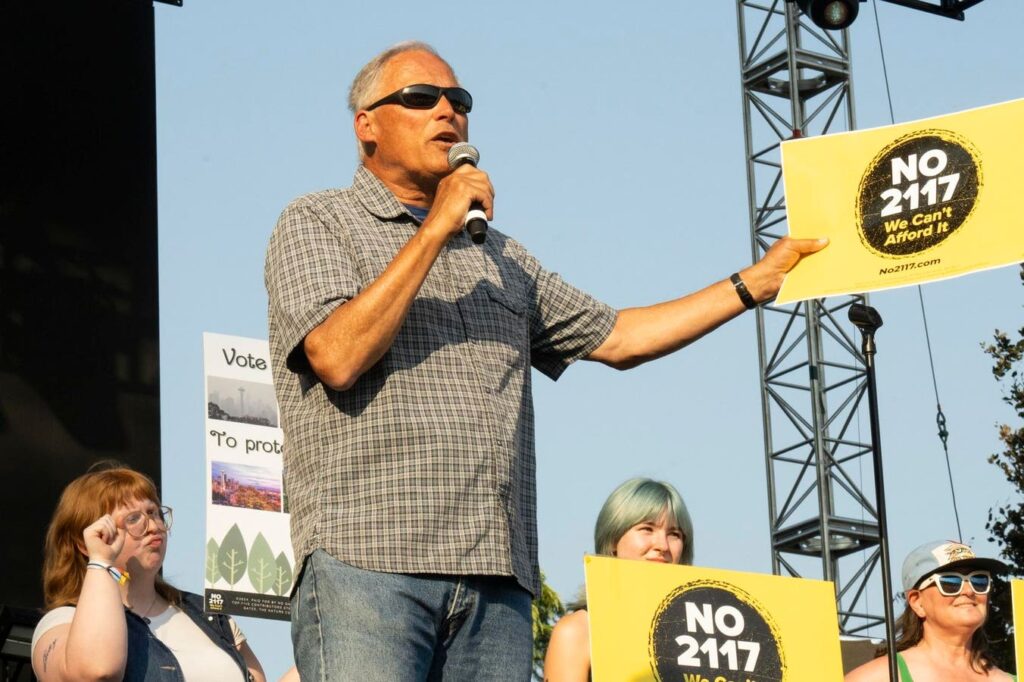
Title: Lessons from Washington State: Fostering Public Support for Climate Policies
As the world continues to grapple with the devastating impacts of climate change, it’s become increasingly important to find effective strategies for generating public support for climate policies at the state level. A recent study published in Forbes highlights a crucial lesson learned from the 2024 elections in Washington State: voters are more likely to support climate-related initiatives if they perceive tangible local benefits.
In 2018 and 2024, voters in Washington State were asked to weigh in on two separate ballot measures related to carbon pricing. I-1631 and I-2117 aimed to impose a fee on certain industries that emit high levels of greenhouse gases, with the revenue generated being invested in climate mitigation efforts. The key difference between these initiatives was the emphasis placed on local benefits.
In 2018, supporters of carbon pricing focused primarily on the future benefits from tax revenues, whereas in 2024, proponents highlighted existing investments made possible by cap-and-invest revenues. This subtle shift in messaging appears to have had a significant impact, as voters’ support for I-1631 increased compared to I-2117.
The study suggests that the recognition of local benefits, such as investments in transportation, was crucial in securing a majority of urban and rural votes. By reframing the conversation around the tangible impacts on residents’ daily lives, proponents were able to build a stronger coalition of supporters.
However, this success was not without its limitations. The same study reveals that voters were more likely to support I-2066, an initiative aimed at preventing state and local governments from restricting access to natural gas in buildings and homes, while simultaneously rejecting the climate-related measures. This dichotomy highlights the importance of transparently communicating the benefits and drawbacks of climate policies.
The findings have significant implications for policymakers seeking to build public support for their climate initiatives. Rather than solely emphasizing abstract notions of “saving the planet,” they must focus on demonstrating how these policies will positively impact local communities.
Source: www.forbes.com


